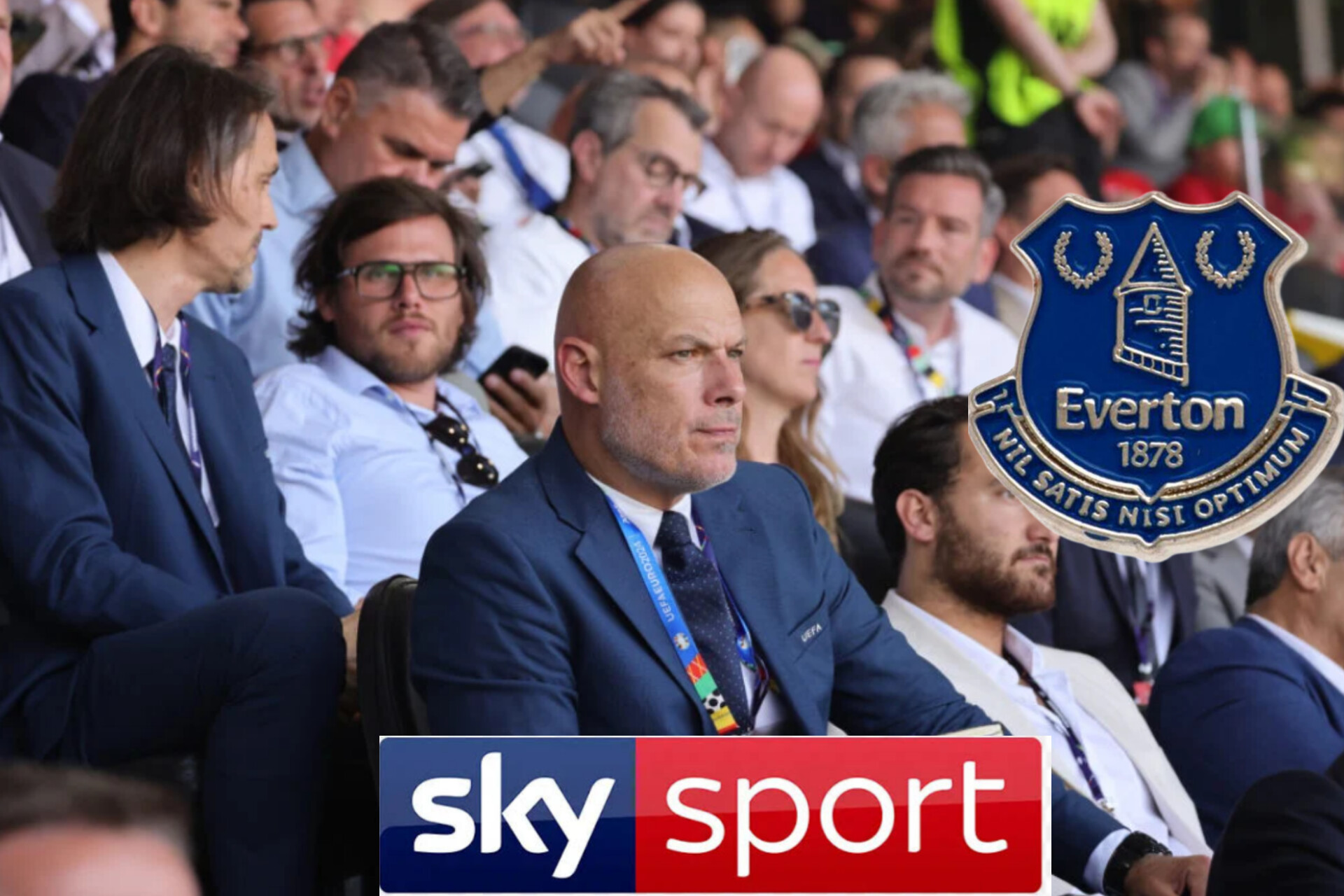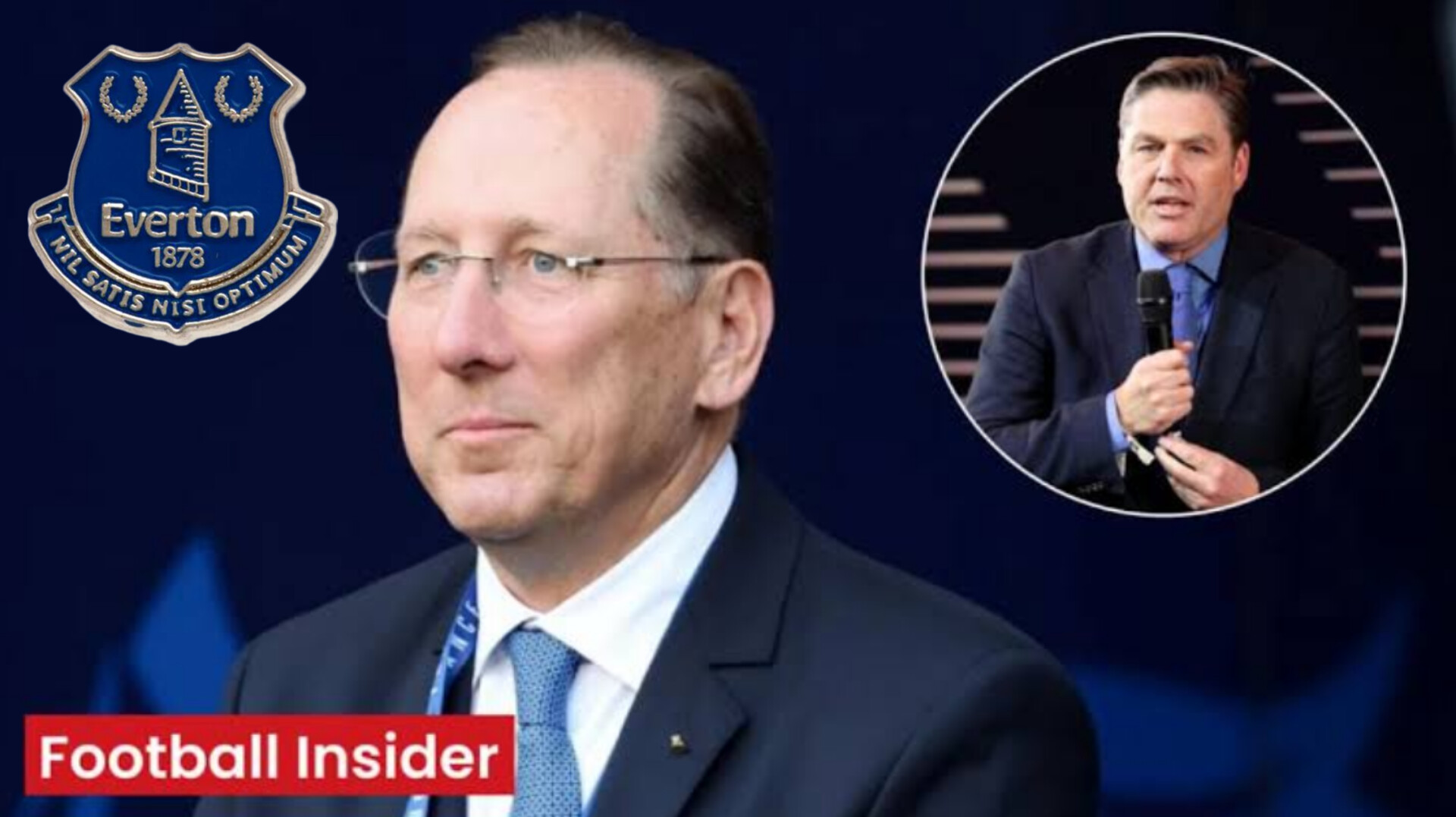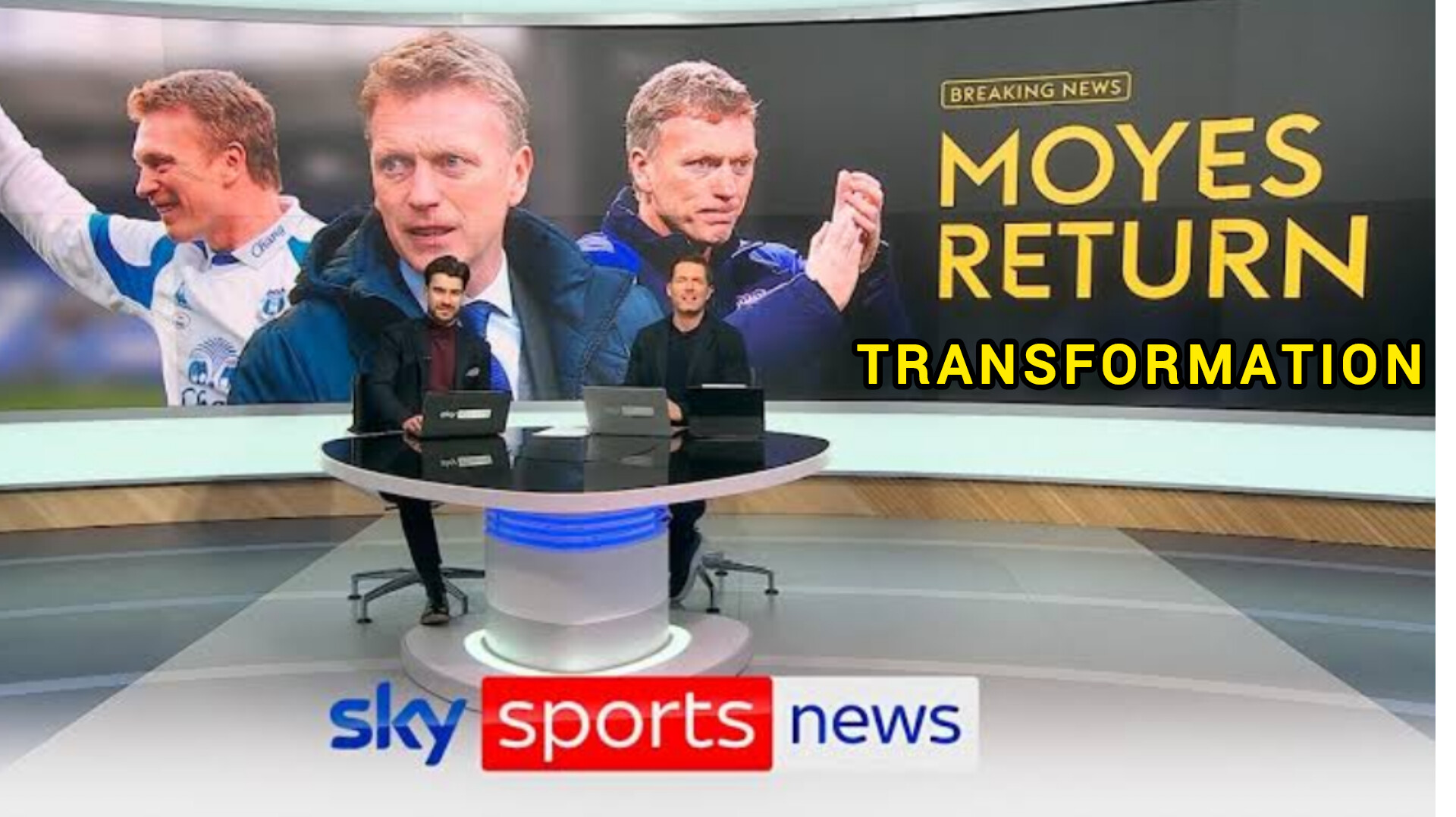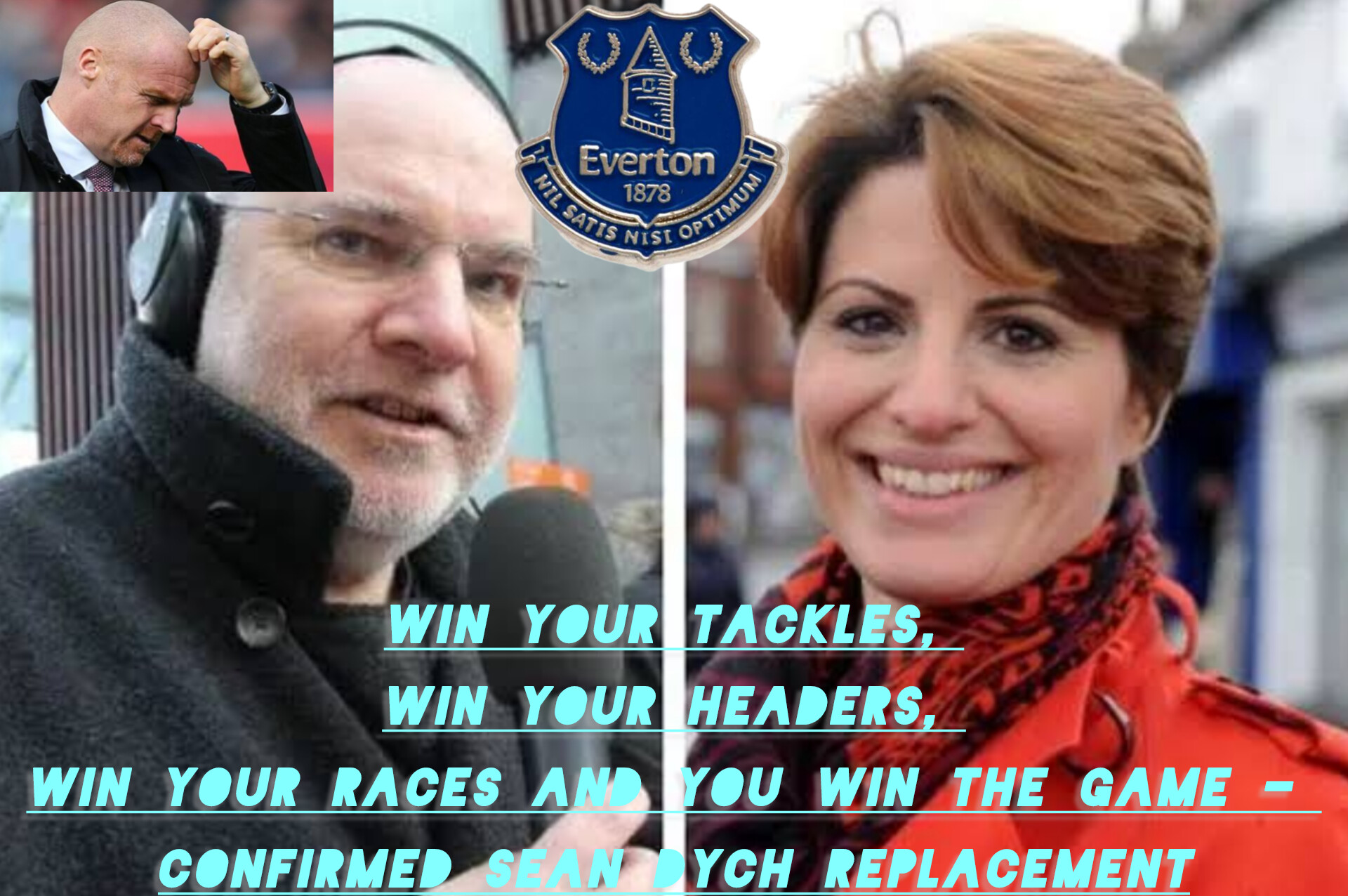Everton Football Club has had a tumultuous history with Video Assistant Referee (VAR) decisions and refereeing calls over the years. Recently, a particular incident has come to light that adds another chapter to this contentious relationship, involving none other than Howard Webb, a former Premier League referee and current Chief Refereeing Officer at Professional Game Match Officials Limited (PGMOL).
The Toffees’ frustration with officiating decisions was reignited during a match against Newcastle United at Goodison Park. In a moment that left Everton striker Dominic Calvert-Lewin bewildered, referee Craig Pawson opted not to award a penalty for what appeared to be a clear foul by Newcastle defender Dan Burn. This decision was subsequently backed by VAR, much to the dismay of Everton players and fans alike.
Howard Webb, in his capacity as a representative of PGMOL, initially defended the decision on television, asserting that VAR had made the correct call in not overturning the on-field decision. However, the ramifications of this call were significant, as the match ended in a goalless draw, potentially costing Everton valuable points in their Premier League campaign.
In a surprising turn of events, Webb has recently come forward with some eye-opening admissions regarding past decisions that have affected Everton. During an appearance on the popular football show “The Overlap,” Webb recounted a particularly challenging match he officiated early in his Premier League career, pitting Everton against Bolton Wanderers.
Webb’s candid revelation provides a rare glimpse into the pressures faced by referees, especially those new to the top flight. He described how, despite starting the match confidently, he found himself overwhelmed by the intense atmosphere at Goodison Park and the presence of several high-profile players.
“I had a really, really tough game in my second season,” Webb confessed. “I only did eight games in my first year in the Premier League. I refereed Everton vs Bolton in my second season and got taken to the cleaners that day by some really big characters. People like Duncan Ferguson and Tommy Gravesen, and David Weir.”
Webb went on to detail how the toxic atmosphere in the stadium began to affect his decision-making. He admitted to letting some incidents go uncalled as he became increasingly hesitant to blow his whistle, fearing the negative reactions from players and fans. “I started to sort of like hide after that because I started to let things go a little bit. My threshold for giving a foul sort of like went too high because every time I was blowing, I was getting loads of negative feedback, so I kind of like started to bottle it a little bit in that moment, which I hate to say.”
This admission from Webb is particularly startling given his current role at PGMOL, where he oversees the standards and performance of match officials in English professional football. His acknowledgment that he “bottled” some decisions due to external pressures raises serious questions about the integrity of refereeing and the potential for bias in high-stakes matches.
Webb’s recollection included a poignant moment when veteran player Gary Speed confronted him about his performance. “Gary Speed said to me about 40 minutes in, he said you’re starting to let us down he said you’re not doing your job. But he was spot on. I mean he was absolutely right,” Webb recalled.
This frank discussion about the challenges faced by referees, particularly those new to the Premier League, sheds light on the human element of officiating. It underscores the immense pressure that referees are under to make split-second decisions in highly charged atmospheres, often in the face of intimidating players and hostile crowds.
However, Webb’s admission also raises concerns about the objectivity of refereeing decisions. The idea that a referee might alter their decision-making based on the reaction of the crowd or the stature of the players involved goes against the fundamental principles of fair play and impartiality that are supposed to govern the sport.
This revelation has reignited debates among football fans and pundits about the potential for bias in refereeing, particularly when it comes to decisions involving bigger clubs with more vocal support. The suggestion that referees might be influenced by factors other than the incidents they are judging on the field is deeply troubling for the integrity of the game.
As the conversation around refereeing standards and the use of technology in football continues to evolve, Webb’s honest reflection on his past experiences serves as a reminder of the complex challenges faced by officials. It also underscores the ongoing need for support, training, and perhaps additional measures to ensure that referees can make decisions free from external pressures, regardless of the teams involved or the stakes of the match.
For Everton fans, this admission may provide some vindication for their long-standing grievances about officiating decisions. However, it also raises broader questions about the fairness of past results and the potential impact of such influenced decision-making on the outcomes of matches and, by extension, entire seasons.
As the football community digests Webb’s revelations, there will undoubtedly be calls for greater transparency in the refereeing process and potentially for reforms to better insulate officials from the pressures that could compromise their judgment. The ongoing debate about the role of VAR and other technologies in supporting referees’ decisions is likely to intensify in light of these admissions.
Ultimately, Webb’s candor, while troubling, may serve as a catalyst for positive change in how referees are trained, supported, and held accountable in the high-pressure world of Premier League football. As the sport continues to evolve, ensuring the integrity and fairness of officiating remains paramount to maintaining the trust of players, fans, and stakeholders in the beautiful game.
SHOCKING REVELATION: “Webb, who officiated in the Premier League from 2003 to 2014, ACKNOWLEDGED that He Has Always Had a Sense of “GUILT” Regarding…..
SHOCKING REVELATION: “Webb, who officiated in the Premier League from 2003 to 2014, ACKNOWLEDGED that He Has Always Had a Sense of “GUILT” Regarding…..






